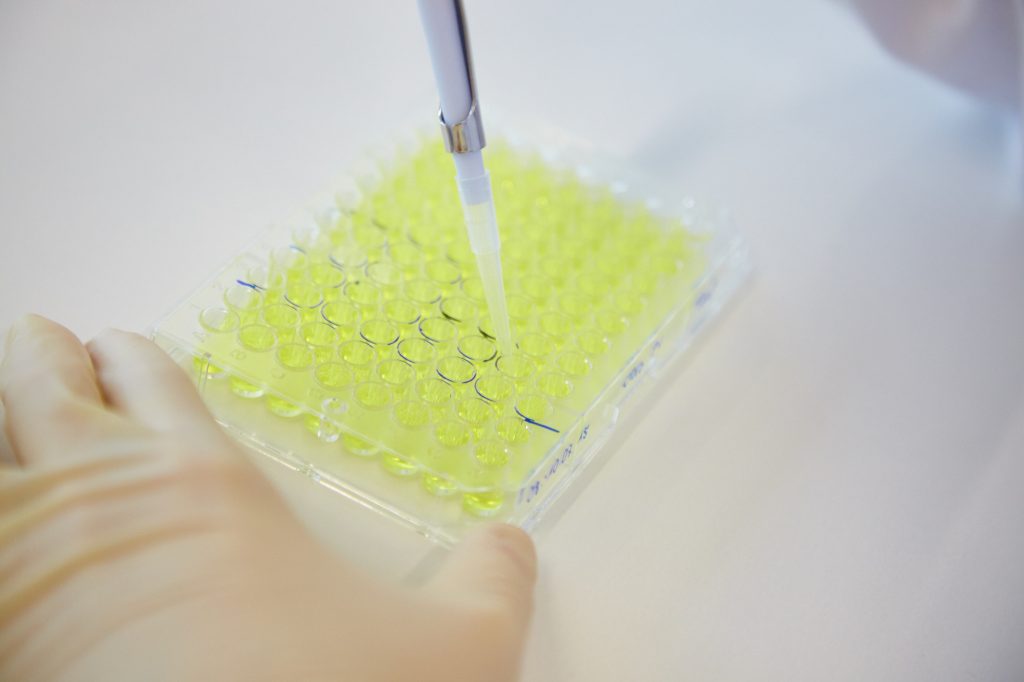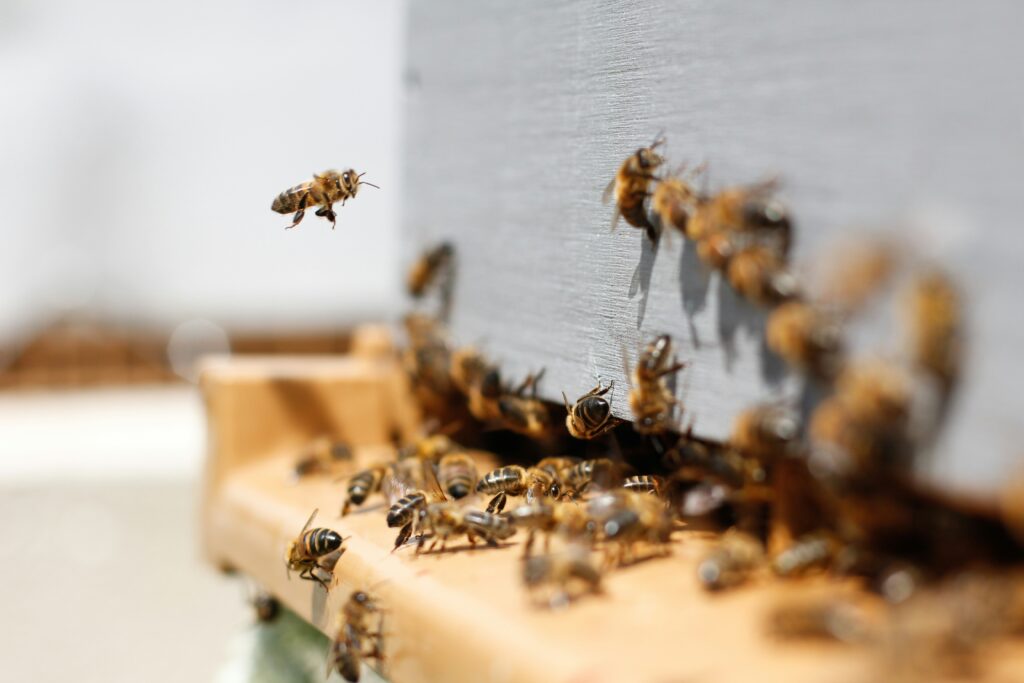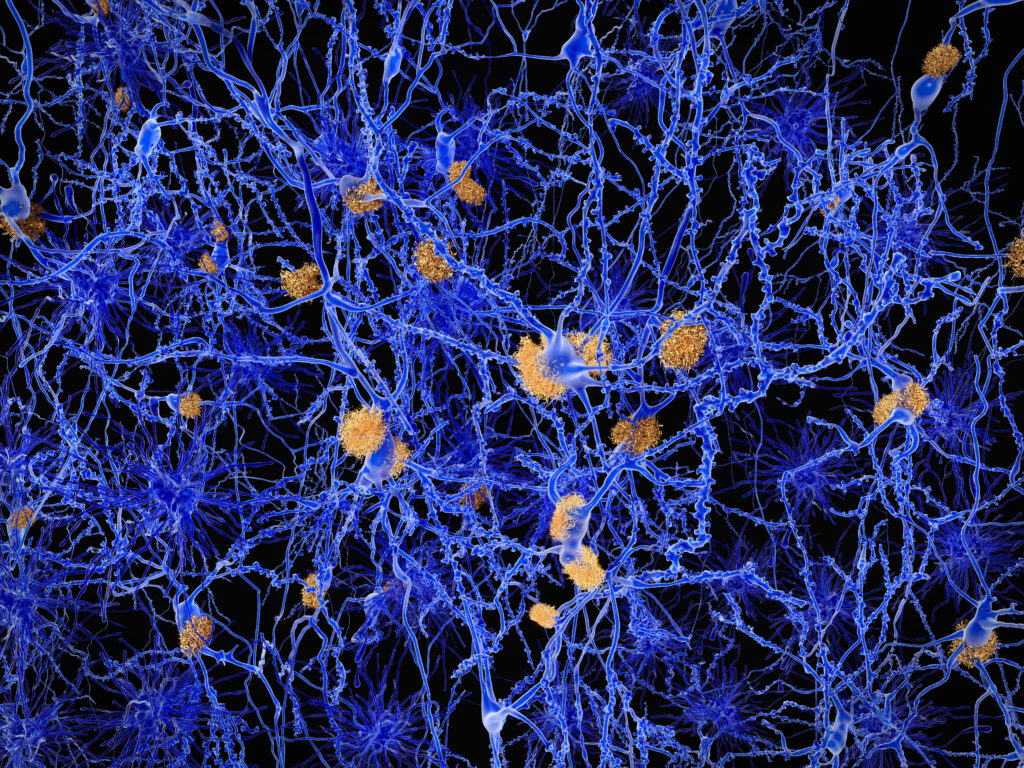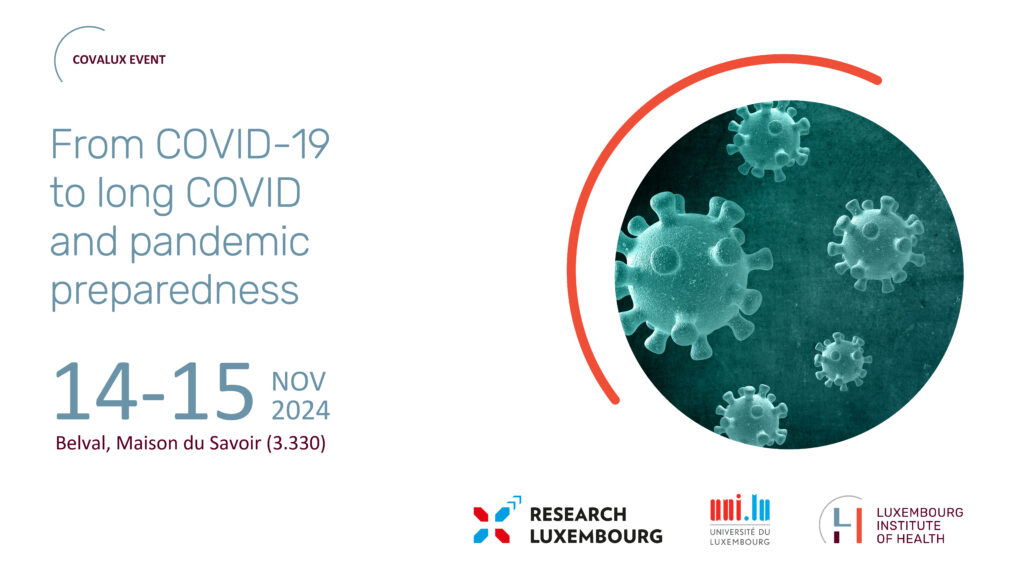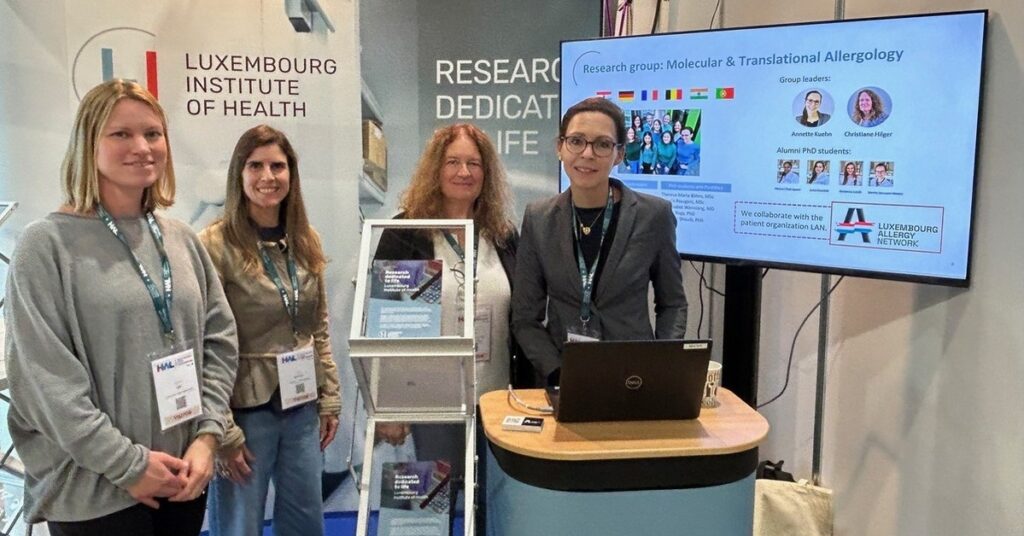News
Informing policy-making to solve tomorrow’s health challenges
LIH researchers selected to engage in fruitful discussions with Luxembourg MPs
- Transversal Translational Medicine (TTM)
- Department of Infection and Immunity
- Translational & Clinical Immunology

LIH scientists Dr Jacques Zimmer and doctoral candidate Anne-Marie Hanff are among the 17 researchers selected to participate in the first phase of the “Pairing Scheme – Politics meets Research” initiative on March 8th 2024. The programme, a collaboration between the FNR and the research service of the Luxembourg Parliament (“Cellule Scientifique”), aims to foster constructive and meaningful dialogues between Luxembourg’s leading scientists and Members of Luxembourg’s Parliament, in order to address some of the most pressing societal topics facing the country.
The 2024 edition of the FNR Pairing Scheme will adopt a new format consisting of three distinct phases the first of which, the “World Café”, will take place on March 8th at the premises of the Luxembourg Parliament. During the session, MPs and participating researchers will discuss a selection of six topics of national relevance, ranging from rising poverty, labour market and the housing crisis, to the environment, education, migration and healthcare. As part of the World Café, Dr Zimmer and Mrs Hanff were selected to participate in the “health challenges in Luxembourg” thematic group, together with researchers from the University of Luxembourg and the Laboratoire National de Santé (LNS).
Specifically, Dr Zimmer, Senior Scientist in Translational Immunology at the LIH Department of Infection and Immunity (DII), will focus on antibiotic resistance, which is becoming a major public health issue also in Luxembourg. Indeed, estimates indicate that, by 2050, as many people will die from bacterial infections as from cancer, if no action is undertaken to counterbalance this problem.Dr Zimmer is therefore working on new strategies to tackle resistant bacteria with novel antibacterial molecules that work via the activation of the immune system and not as conventional antibiotics, in collaboration with Dr Carole Devaux of the DII. Such novel compounds are based on antibody fragments targeting NK cells and activating them to kill the bacteria.
I am honoured to have been selected to participate in the Pairing Programme, which will provide an ideal setting for researchers and policymakers to share their perspectives and find creative and sustainable approaches to this global concern, starting here in Luxembourg.
states Dr Zimmer.
In this respect, possible measures could include antibiotic stewardship or financial support to research into new antibacterial products, among others. “Of course, a potential restriction in antibiotics usage urges for the development of alternatives that do not induce antibiotic resistance. This is precisely the focus of our research which, leveraging the same mechanisms, will also allow the development of new anticancer drugs against pancreatic adenocarcinoma”, he adds.
In parallel, Ms Hanff, a qualified nurse and doctoral candidate within the LIH Transveral Translational Medicine unit, is working on promoting independent mobility in people with Parkinson’s disease in Luxembourg and the greater region, combining the statistical analysis of the Luxembourg Parkinson’s study and qualitative interviews. Indeed, the rise Parkinson’s disease combined with the changing demographic landscape due to an ageing population and the ensuing increase in the need for caregiving present a substantial financial, societal and health challenge in Luxembourg and therefore necessitate a comprehensive exploration of associated issues. Specifically, Ms Hanff’s research explores the impact of a variety of factors – such as living areas, resource availability, gender- and age-specific differences, and the presence of family members, among others – on individuals living with Parkinson’s disease.
My research aims to inform Luxembourg policy-making, offering evidence-based recommendations for the development and implementation of practical measures
explains Ms Hanff.
“Participating in the World Café is an unparalleled opportunity to engage in meaningful discussions with policymakers, particularly on key aspects such as the impact of residential locations and the distinction between urban and rural settings, with the ultimate goal of devising early intervention strategies that promote independence for people with Parkinson’s disease and prevent their premature institutionalisation”, she concludes.
Following the World Café, a group of researchers will be selected to participate in the second stage of the Pairing Scheme (between March 2024 and end of 2024), consisting in the writing of research briefs which will subsequently be presented during a dedicated conference in 2025 under the third and final phase of the programme.


